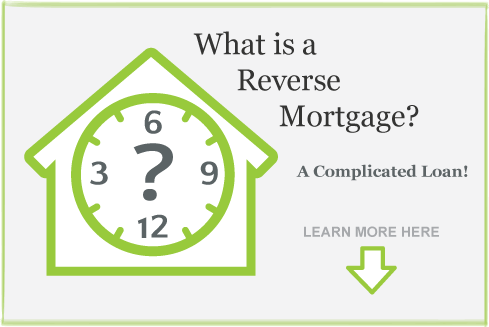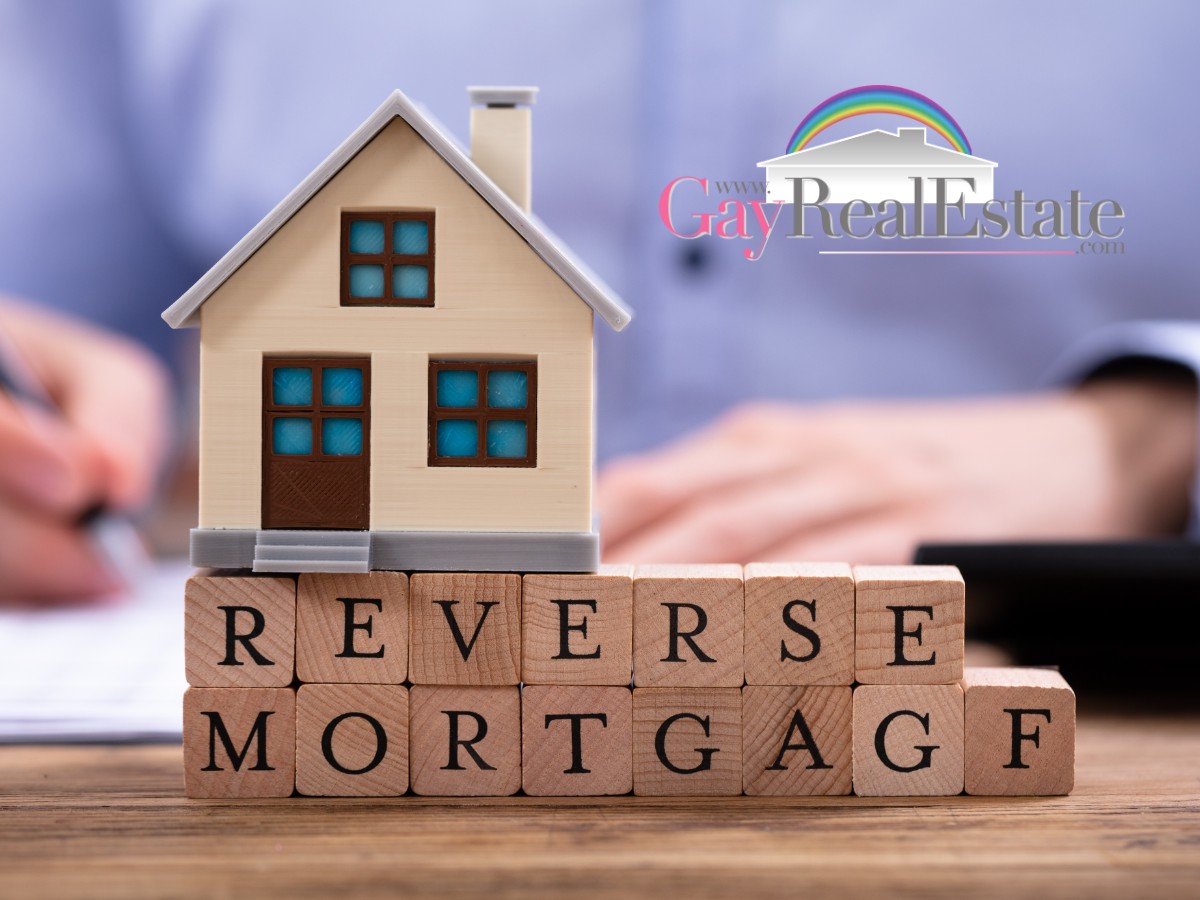Step-By-Step: Exactly How to Acquisition a Reverse Mortgage With Self-confidence
Navigating the intricacies of acquiring a reverse home loan can be overwhelming, yet a systematic approach can equip you to make informed decisions. It starts with assessing your qualification and recognizing the subtleties of numerous financing options readily available in the market (purchase reverse mortgage). As we explore each step, it ends up being obvious that confidence in this economic choice pivots on extensive prep work and informed options.
Comprehending Reverse Mortgages

The primary mechanism of a reverse mortgage involves loaning versus the home's value, with the financing amount increasing gradually as passion builds up. Unlike standard home loans, consumers are not required to make month-to-month payments; rather, the financing is paid back when the house owner offers the property, moves out, or passes away.
There are 2 main kinds of reverse mortgages: Home Equity Conversion Home Loans (HECM), which are government insured, and exclusive reverse home loans provided by private lending institutions. HECMs normally give greater security due to their regulative oversight.
While reverse mortgages can offer economic alleviation, they also feature costs, consisting of origination fees and insurance premiums. It is critical for possible borrowers to completely understand the terms and effects before continuing with this financial option.
Assessing Your Qualification
Eligibility for a reverse home loan is primarily identified by a number of key variables that possible consumers must consider. Firstly, applicants need to go to the very least 62 years of age, as this age requirement is readied to make sure that consumers are approaching or in retired life. Additionally, the home needs to work as the consumer's key house, which indicates it can not be a trip or rental property.
An additional vital aspect is the equity placement in the home. Lenders usually require that the debtor has an enough amount of equity, which can affect the quantity readily available for the reverse home mortgage. Typically, the a lot more equity you have, the bigger the financing quantity you might receive.
Moreover, prospective customers should show their ability to meet financial obligations, including building tax obligations, house owners insurance coverage, and upkeep costs - purchase reverse mortgage. This assessment commonly consists of a monetary analysis performed by the lender, which reviews earnings, credit report, and existing financial obligations
Last but not least, the property itself need to satisfy certain criteria, including being single-family homes, FHA-approved condominiums, or specific manufactured homes. Recognizing these elements is crucial for determining qualification and planning for the reverse mortgage process.

Researching Lenders
After determining your eligibility for a reverse home loan, the next step includes looking into loan providers that use these economic products. It is essential to recognize trusted lending institutions with experience backwards home mortgages, as this will certainly guarantee you receive reliable assistance throughout the procedure.
Begin by assessing loan provider qualifications and accreditations. Seek loan providers who are participants of the National Opposite Mortgage Lenders Association (NRMLA) and are accepted by the Federal Housing Management (FHA) These affiliations can show a commitment to moral practices and compliance with industry standards.
Reviewing customer reviews and reviews can provide insight right into the loan provider's credibility and consumer service quality. Internet sites like the Bbb (BBB) can likewise use ratings and problem backgrounds that might help educate your choice.
Additionally, consult with monetary advisors or real estate counselors that focus on reverse mortgages. Their competence can aid you browse the options offered and advise reliable lenders find here based on your special economic scenario.

Contrasting Loan Options
Contrasting lending alternatives is a critical action in securing a reverse home loan that lines up with your economic goals. When evaluating numerous reverse home loan items, it is necessary to consider the particular functions, expenses, and terms related to each choice. Begin by examining the type of reverse home loan that best suits your demands, such as Home Equity Conversion Home Mortgages (HECM) or proprietary fundings, which might have various qualification standards and advantages.
Next, focus on the rate of interest rates and charges connected with each lending. Fixed-rate finances give stability, while adjustable-rate alternatives might supply lower first prices yet can change gradually. Furthermore, find out here consider the ahead of time expenses, consisting of home loan insurance premiums, origination charges, and closing costs, as these can considerably impact the total cost of the funding.
Additionally, assess the payment terms and how they align with your lasting economic technique. Recognizing the implications of exactly how and when the finance should be settled is important. By extensively contrasting these elements, you can make an informed decision, guaranteeing your choice sustains your monetary wellbeing and gives the safety and security you look for in your retirement years.
Completing the Purchase
As soon as you have actually very carefully assessed your options and picked one of the most suitable reverse mortgage item, the next step is to wrap up the purchase. This process entails a number of crucial steps, ensuring that all essential paperwork is accurately finished and submitted.
First, you will certainly need to gather all needed paperwork, including evidence of income, real estate tax statements, and homeowners insurance policy documentation. Your lending institution will certainly provide a listing of specific papers needed to assist in the authorization process. It's critical to offer total and exact information to prevent hold-ups.
Next, you will certainly undertake a complete underwriting procedure. Throughout this stage, the loan provider will certainly assess your monetary scenario and the value of your home. This may consist of a home assessment to establish the residential property's market value.
When underwriting is total, you will certainly receive a Closing Disclosure, which describes the last regards to click reference the loan, consisting of costs and rate of interest. Evaluation this record carefully to guarantee that it lines up with your assumptions.
Verdict
Finally, navigating the process of buying a reverse home loan needs a detailed understanding of eligibility criteria, persistent research on loan providers, and mindful contrast of lending options. By systematically following these steps, individuals can make informed decisions, ensuring that the picked home loan straightens with monetary objectives and requirements. Eventually, a knowledgeable method fosters confidence in securing a reverse mortgage, providing financial security and assistance for the future.
Look for loan providers who are members of the National Opposite Home Mortgage Lenders Organization (NRMLA) and are authorized by the Federal Housing Administration (FHA)Contrasting loan choices is a vital step in securing a reverse home mortgage that lines up with your financial objectives (purchase reverse mortgage). Begin by examining the kind of reverse mortgage that best suits your demands, such as Home Equity Conversion Home Mortgages (HECM) or proprietary car loans, which may have various eligibility standards and advantages
In conclusion, browsing the process of purchasing a reverse home loan requires a comprehensive understanding of qualification requirements, diligent study on lenders, and mindful comparison of loan alternatives. Inevitably, a knowledgeable approach cultivates confidence in protecting a reverse mortgage, supplying financial security and assistance for the future.